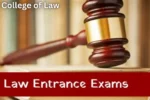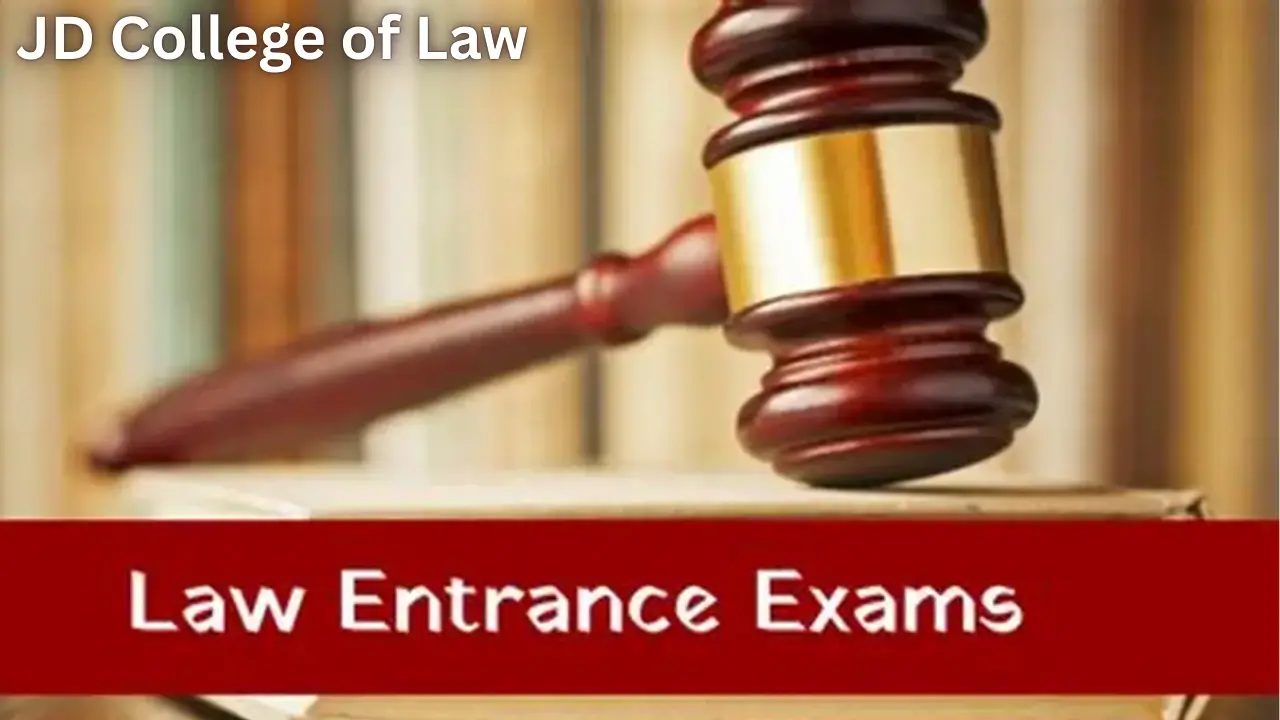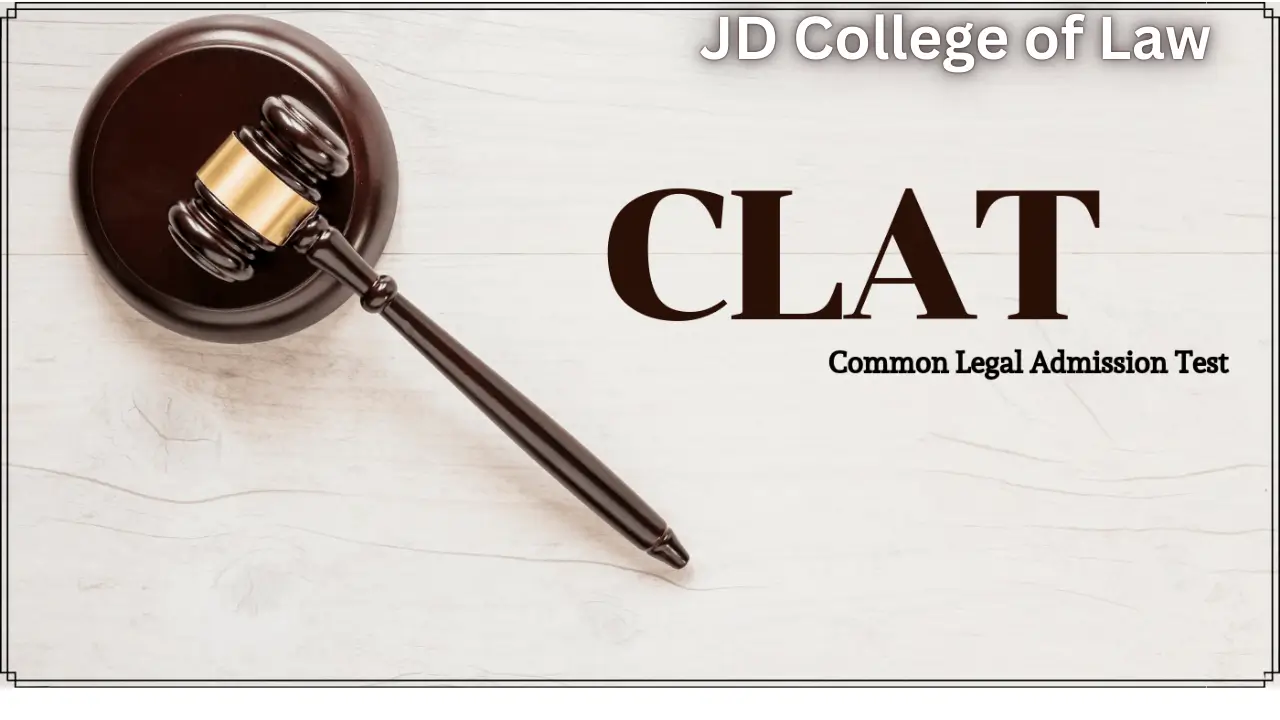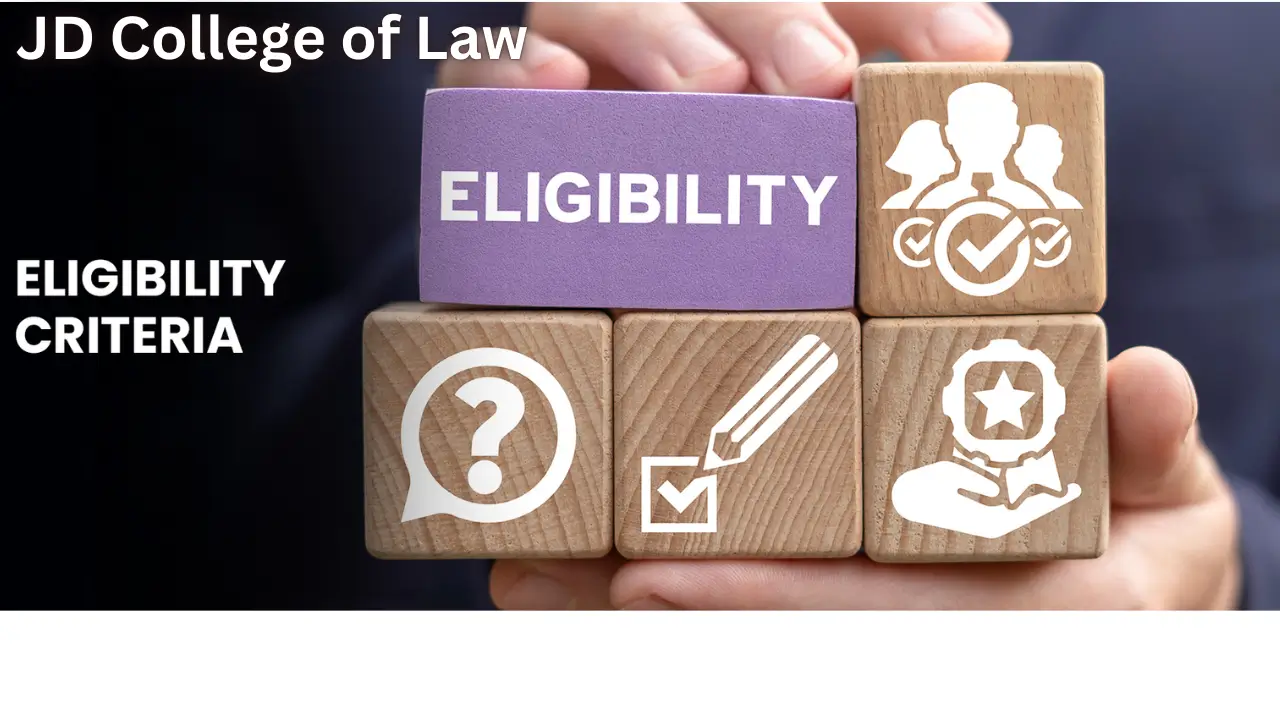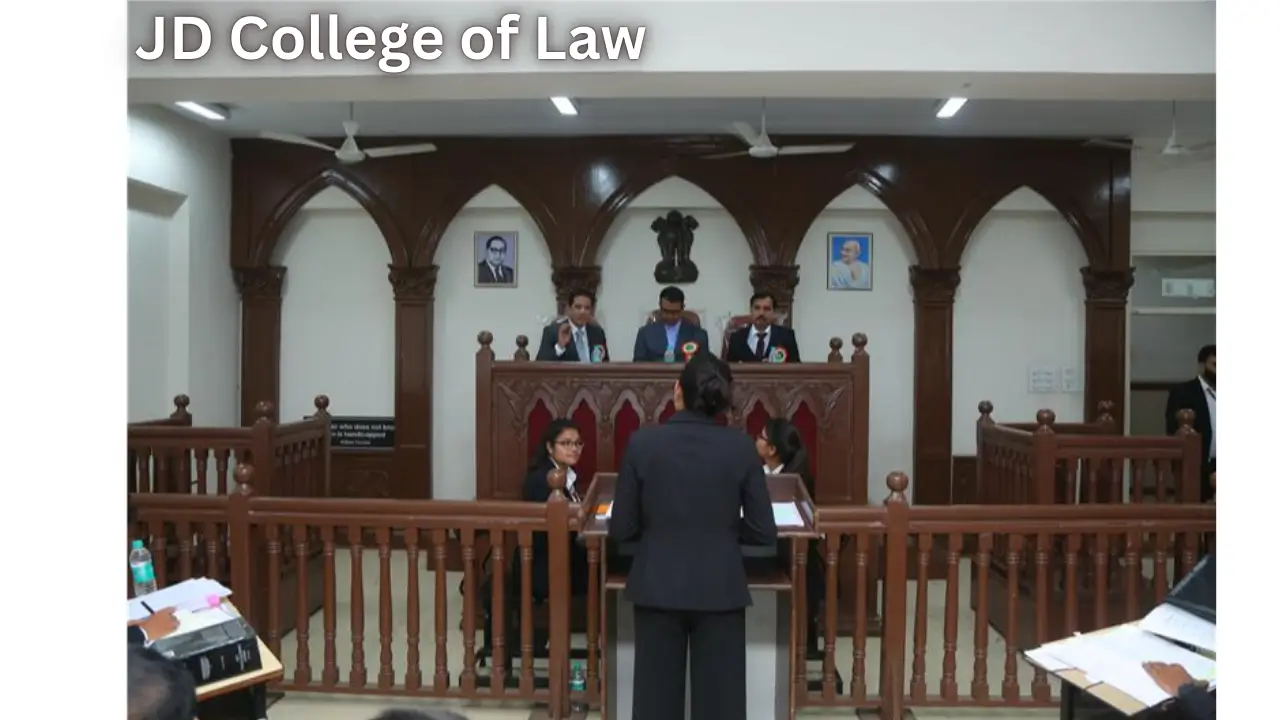The B.A. LL.B. (Bachelor of Arts and Bachelor of Legislative Law) is a popular five-year integrated law program pursued after completing the 12th standard. It combines arts and legal studies, preparing students for careers in law, judiciary, legal consultancy, and governance. Understanding the eligibility criteria for admission to this course is crucial for prospective candidates to plan their academic journey in law.
General Eligibility Criteria for B.A. LL.B. (5 Years)
Candidates aspiring to join the B.A. LL.B. (5 years) program must fulfill certain academic and procedural requirements. These criteria are mostly standardized across India, although some differences may exist between universities and colleges.
Educational Qualifications
- The candidate must have successfully completed the 10+2 examination or its equivalent from a recognized board or university.
- Passing the 12th standard in any stream—Arts, Science, or Commerce—is generally accepted.
- Minimum aggregate marks required typically range between 45% to 60%, varying by institution and category.
- For General category candidates, 45% aggregate marks are usually the minimum.
- For Reserved categories like SC/ST/OBC, relaxation in minimum marks may apply (typically 40%-42%).
Age Limit
- Most institutions do not impose an age limit for admission to the 5-year integrated law course.
- However, some universities or states may have specific age criteria or upper age limits, so it’s advisable to check individual institution policies.
Entrance Examination Requirements
- Admission to reputed law schools and National Law Universities (NLUs) is mostly through competitive entrance exams.
- Popular entrance exams include:
- CLAT (Common Law Admission Test)
- AILET (All India Law Entrance Test)
- SLAT (Symbiosis Law Admission Test)
- University-specific tests such as DU LLB entrance exam
- Some colleges also admit students based on merit, while others use a combination of merit and entrance exam scores.
Additional Requirements
- Candidates may need to produce original documents for verification, including 10th and 12th mark sheets, identity proof, and category certificates where applicable.
- Some universities may conduct counseling sessions, group discussions, or personal interviews as part of the selection process.
Detailed Eligibility Criteria by Colleges and Universities
| Institution/University | Minimum Qualification | Minimum Marks | Entrance Exam Requirement |
|---|---|---|---|
| National Law School of India University (NLSIU), Bangalore | 10+2 or equivalent | 45% (40% for SC/ST) | Mandatory CLAT UG |
| National Academy of Legal Studies and Research (NALSAR), Hyderabad | 10+2 or equivalent | 45% (40% for SC/ST) | Mandatory CLAT UG |
| West Bengal National University of Juridical Sciences (WBNUJS), Kolkata | 10+2 or equivalent | 45% (40% for SC/ST) | Mandatory CLAT UG |
| Faculty of Law, University of Delhi | 10+2 or equivalent | Minimum 50% | University Entrance Exam |
| Symbiosis Law School, Pune | 10+2 or equivalent | 45% (40% for SC/ST) | SLAT required |
Key Points on General Eligibility
- The candidate must have passed the Senior Secondary School Examination (10+2) or equivalent from a recognized board or institution.
- The minimum percentage in aggregate required is generally 45% for General and 40% for reserved category candidates.
- The course is open to students from any stream such as Sciences, Commerce, or Humanities.
- There is no specific age bar for admission to the course in most universities.
- Candidates who have completed their 10+2 from foreign countries or other states need to obtain eligibility certificates if specified by the institution.
Admission Process Overview
- Verify Eligibility: Confirm that the candidate meets the prescribed educational and percentage criteria.
- Entrance Exam Registration: Apply and register for the relevant entrance exam(s) such as CLAT, AILET, or university-specific exams.
- Appear for Entrance Exam: Take the exam on scheduled dates at the designated centers.
- Result Declaration: Check the results and obtain rank or scorecards.
- Counselling and Seat Allotment: Participate in counseling sessions for seat allocation based on merit and preferences.
- Document Verification and Admission: Complete document verification and pay the admission fee to secure the seat.
Latest Updates in Eligibility (2025)
- The Bar Council of India (BCI) maintains that candidates should have a minimum of 45% at the 10+2 level to be eligible for admission in general category; reserved categories enjoy relaxed criteria.
- Some universities have started accepting grades/marks from all streams without preference to any particular stream.
- Online application and entrance examination systems have been streamlined for convenience and transparency.
- Increasing emphasis on clearing national-level entrance exams like CLAT for admissions to prominent National Law Universities.
- Some colleges waive entrance exams and admit students purely on merit based on 12th class scores, but this is mostly for less competitive institutions.
- The application deadlines for entrance exams such as CLAT 2025 and AILET 2025 are set in late 2024 and early 2025, with exams typically held toward the end of the year or early next year.
- Certain universities require candidates from other states or foreign boards to obtain eligibility certificates before admission.
Why Choose B.A. LL.B. (5 Years)?
- Integrated study of arts and law provides a comprehensive understanding of the socio-legal environment.
- Prepares students for direct entry into legal practice, judiciary, corporate law, government law services, and academic research.
- Saves time compared to pursuing separate bachelor’s and law degrees.
- Develops critical thinking, legal reasoning, advocacy, and analytical skills.
- Eligibility for professional law exams like the All India Bar Examination (AIBE) after graduation.
Summary Table of B.A. LL.B. Admission Eligibility
| Criteria | Requirement |
|---|---|
| Educational Qualification | Completed 10+2 or equivalent |
| Minimum Marks | 45% (General), 40% (SC/ST/OBC) |
| Age Limit | No strict age bar generally |
| Stream | Any (Arts, Science, Commerce) |
| Entrance Exams | CLAT, AILET, SLAT, or others |
| Additional Requirements | Document verification, counseling |
Conclusion
Admission to the B.A. LL.B. (5 years) course requires candidates to have completed their higher secondary education with minimum required marks, and often through qualifying competitive entrance examinations. Prospective students should keep track of specific university requirements, exam dates, and documentation needs while preparing their applications.
This program offers a direct, well-integrated path into the legal profession with updated eligibility and admission norms evolving to provide wider accessibility and merit-based opportunities.


